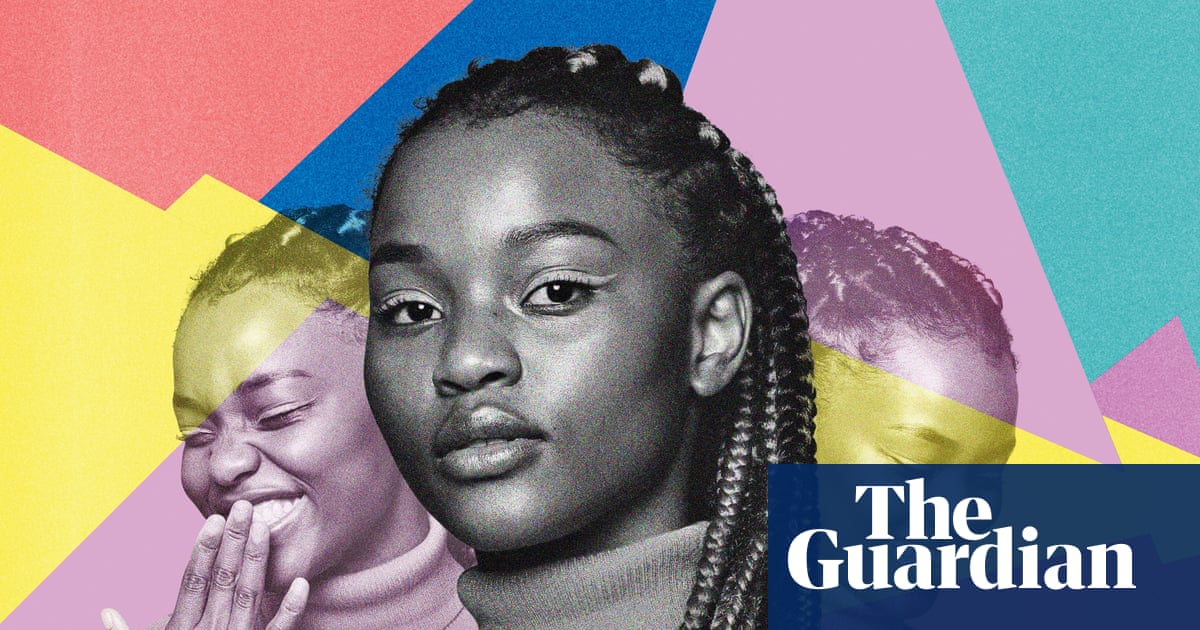
"A few weeks ago, Jason came back from a reporting trip to Barbados and made a comment about how some Bajans thought he was from the Caribbean, because his accent changed when he was there. This was fascinating to me. The ensuing discussion made me realise that all of us had shifted our accents at various times, which got me thinking about all the unconscious ways in which we code switch, alternating between different identities."
"It is a little bit Voice of America, a little bit Christian Science Monitor and a whole lot of BBC. Add to that my British schooling in parts of Africa where there were still some stubborn colonial tendencies that focused on elocution and even inflection (never intone upwards when asking a question, we were taught, to maintain status in a conversation)."
Accents develop from layered influences including radio and broadcast media, formal schooling, and popular culture. Broadcast networks and foreign-language exposure can shape pronunciation and intonation. Colonial-era elocution training in some schools emphasized specific inflection rules to convey status. Mixing of British and American cultural inputs can produce hybrid, transatlantic-sounding speech. Many listeners struggle to place such mixed accents and ask speakers to identify them. Speakers often unconsciously adjust their speech in different social situations, effectively code-switching between identities and dialects across diasporic and local contexts.
Read at www.theguardian.com
Unable to calculate read time
Collection
[
|
...
]